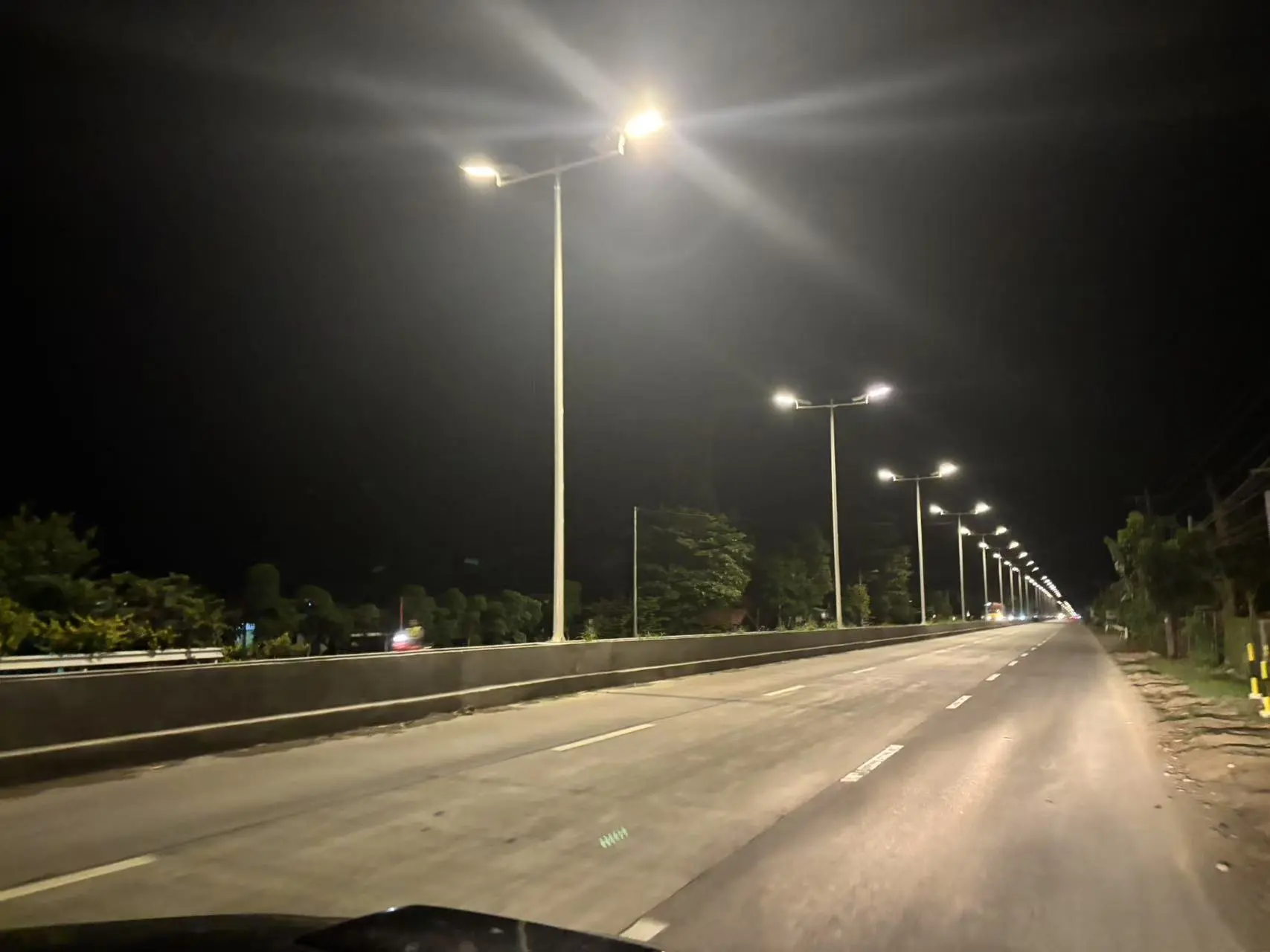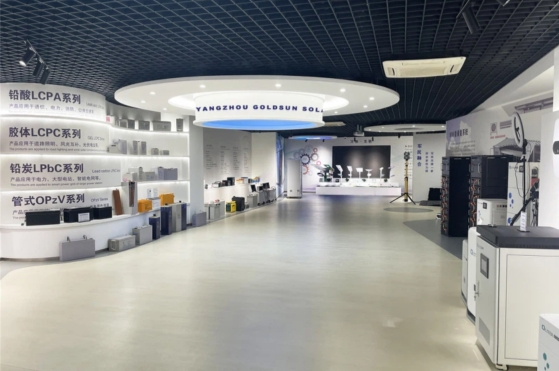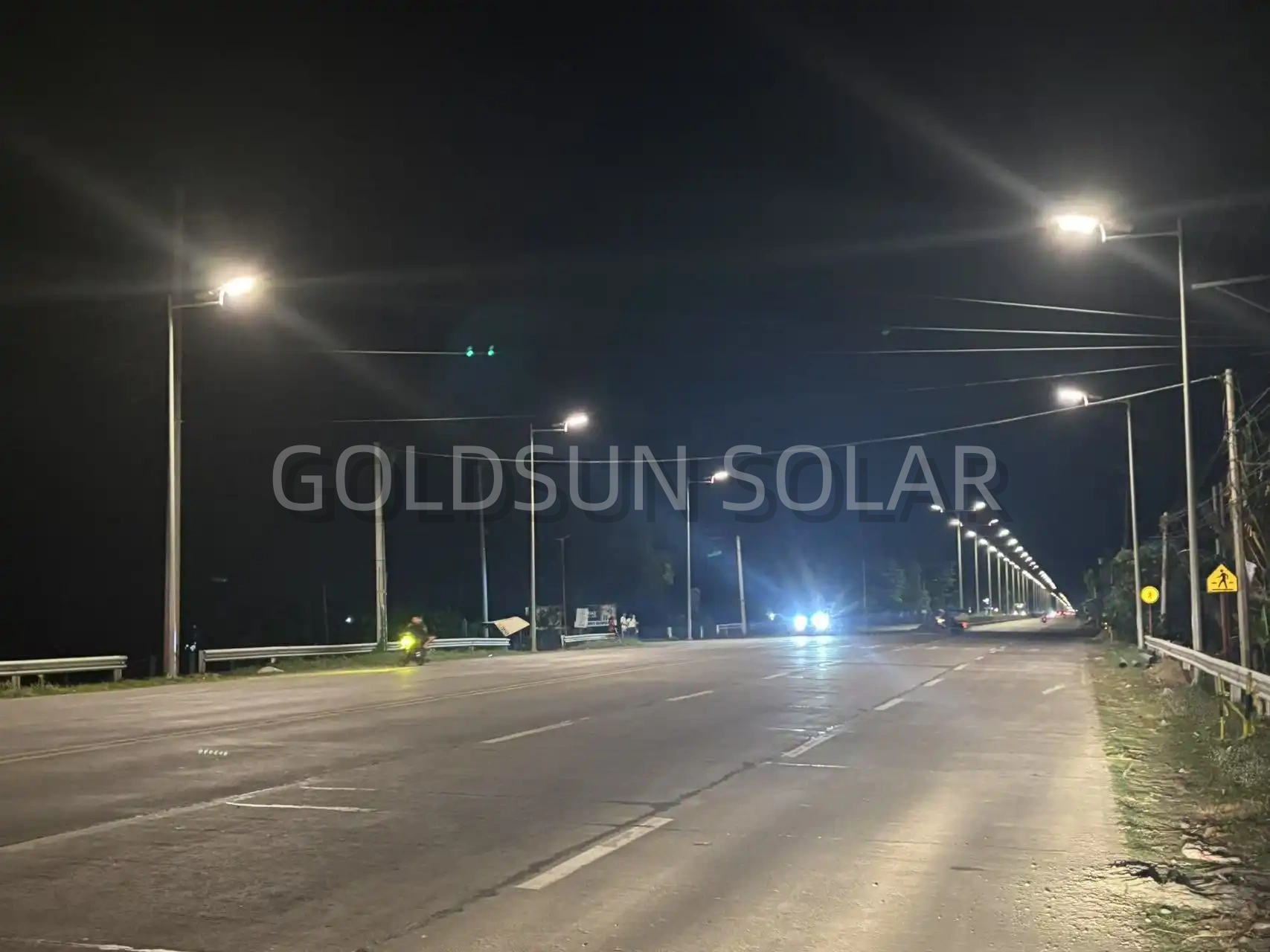What are the cost benefits of bulk-buying integrated solar street lights?
Economies of Scale in Procurement
Bulk purchasing of integrated solar street lights offers significant cost advantages through economies of scale. When ordering large quantities, buyers can often negotiate better prices with manufacturers, reducing the per-unit cost substantially. This price reduction can be attributed to reduced production costs, as manufacturers can streamline their processes for large orders. Additionally, bulk orders often qualify for volume discounts, further decreasing the overall investment. For large-scale projects, these savings can translate into thousands or even millions of dollars, making integrated solar street lights a more accessible option for communities and organizations with budget constraints.
Long-term Operational Savings
Beyond the initial purchase, bulk-buying integrated solar street lights yields substantial long-term operational savings. These self-contained units eliminate the need for costly electrical infrastructure and ongoing electricity expenses. Traditional street lighting systems require extensive wiring, transformers, and regular maintenance, all of which contribute to high operational costs. In contrast, integrated solar street lights operate independently, harnessing free solar energy and requiring minimal maintenance. Over time, this translates to significant reductions in energy bills and maintenance expenses. The durability and longevity of modern integrated solar street lights, often backed by warranties of 5 years or more, ensure that these operational savings continue to accumulate year after year.
Top bulk suppliers of integrated solar street lights with OEM/ODM services
Leading Global Manufacturers
When it comes to bulk purchases of integrated solar street lights, selecting a reputable supplier is paramount. Several global manufacturers stand out for their quality products and comprehensive OEM/ODM services. Yangzhou Goldsun Solar Energy Co., Ltd. is a notable player in this field, boasting an impressive annual production capacity of 10,000-13,500 sets. Their ISO9001 certification and adherence to international standards like CE, RoHS, SGS, and IEC 62133 underscore their commitment to quality. With a track record of over 500 projects across 100+ countries, including collaborations with UNDP, UNOPS, and IOM, Yangzhou Goldsun has established itself as a reliable supplier for large-scale projects.
Other leading manufacturers in the integrated solar street light industry include companies from China, Germany, and the United States. These suppliers offer a range of customization options, allowing buyers to specify features such as light output, battery capacity, and design aesthetics. When considering bulk orders, it's advisable to request samples and thoroughly evaluate the performance and durability of different models before committing to a large purchase.
Customization and OEM/ODM Capabilities
The ability to customize integrated solar street lights is crucial for large-scale projects with specific requirements. Top suppliers offer extensive OEM (Original Equipment Manufacturer) and ODM (Original Design Manufacturer) services, allowing buyers to tailor products to their exact specifications. This flexibility ensures that the integrated solar street lights meet the unique needs of each project, whether it's adapting to local climate conditions, complying with regional regulations, or matching existing urban aesthetics. Yangzhou Goldsun, for instance, offers customized solutions with OEM support, enabling clients to create bespoke lighting solutions that align perfectly with their project goals.
When exploring OEM/ODM options, consider factors such as minimum order quantities, lead times, and the supplier's engineering capabilities. The best manufacturers will have dedicated R&D teams capable of developing innovative solutions to address specific challenges. This collaborative approach not only results in a superior product but can also lead to cost savings through optimized designs and materials selection.
How to ensure quality control when ordering integrated solar lights in bulk?
Rigorous Testing and Certification
Ensuring quality control when ordering integrated solar street lights in bulk is crucial for the long-term success of any lighting project. Reputable manufacturers implement rigorous testing procedures throughout the production process. This includes performance testing of individual components such as solar panels, batteries, and LED lights, as well as comprehensive testing of the assembled units. Look for suppliers who conduct stress tests, simulating various environmental conditions to ensure the lights can withstand extreme temperatures, humidity, and wind loads. Certifications like ISO9001 for quality management systems and specific product certifications such as CE, RoHS, and IEC 62133 provide additional assurance of product quality and safety.
When placing a bulk order, buyers should request detailed test reports and certification documents. It's also advisable to specify any additional testing requirements relevant to the intended installation environment. For instance, if the lights will be deployed in coastal areas, salt spray resistance tests might be necessary. By insisting on thorough quality control measures, buyers can minimize the risk of premature failures and ensure the longevity of their investment.
On-site Inspections and Third-party Audits
For large bulk orders of integrated solar street lights, conducting on-site inspections at the manufacturer's facility can provide invaluable insights into their production capabilities and quality control processes. Many suppliers welcome customer visits, allowing buyers to witness firsthand the manufacturing process, quality checks, and testing procedures. These visits also offer an opportunity to discuss any specific requirements or concerns directly with the production team. Additionally, engaging third-party inspection services can provide an unbiased assessment of product quality. These independent auditors can conduct pre-shipment inspections, ensuring that the final products meet all specified requirements before they leave the factory.
Implementing a staged ordering process can also help manage quality control for bulk purchases. Starting with a smaller pilot order allows buyers to evaluate the product's performance in real-world conditions before committing to a larger order. This approach can help identify any potential issues early on and provide an opportunity for adjustments or improvements. By combining on-site inspections, third-party audits, and a phased ordering approach, buyers can significantly enhance quality control and minimize risks associated with bulk purchases of integrated solar street lights.
In conclusion, as we look towards 2025, the market for integrated solar street lights continues to evolve, offering increasingly efficient and cost-effective solutions for large-scale lighting projects. By understanding the cost benefits of bulk purchasing, identifying top suppliers with robust OEM/ODM capabilities, and implementing stringent quality control measures, buyers can make informed decisions that lead to successful, sustainable lighting implementations. Whether you're outfitting a smart city, upgrading rural infrastructure, or developing a new eco-friendly community, integrated solar street lights represent a forward-thinking choice that aligns with global sustainability goals. For more information on bulk purchases and customized solutions, contact Yangzhou Goldsun Solar Energy Co., Ltd. at solar@gdsolarlight.com.
Reference
1. Kumar, R., & Sood, V. (2020). Review on integrated solar street lights: Features, advantages, and selection criteria. Journal of Renewable and Sustainable Energy, 12(6), 065501.
2. Chawla, A., & Thakur, M. (2021). Integrated solar street lighting systems: Design, installation, and performance review. Renewable Energy, 173, 891-905.
3. Patel, H., & Chauhan, S. (2019). Cost-benefit analysis of integrated solar street lights for urban and rural applications. Solar Energy Materials & Solar Cells, 199, 26-33.
4. Zhang, L., & Li, Y. (2021). Advances in integrated solar street lights: Technologies and innovations in the market. Energy Reports, 7, 4581-4590.
5. Singh, A., & Gupta, R. (2022). Selecting the best integrated solar street lights for bulk purchasing: A comprehensive guide. International Journal of Energy and Environmental Engineering, 13(1), 71-79.
6. Yadav, K., & Mishra, S. (2023). Best integrated solar street lighting systems for large-scale installations. Renewable and Sustainable Energy Reviews, 161, 112319.



